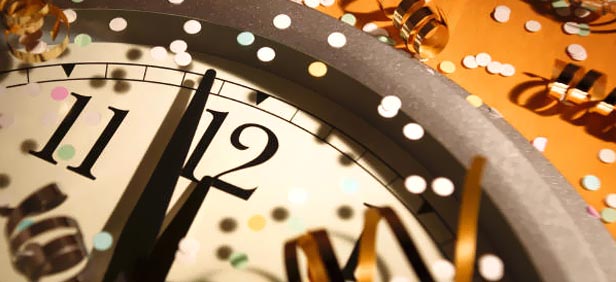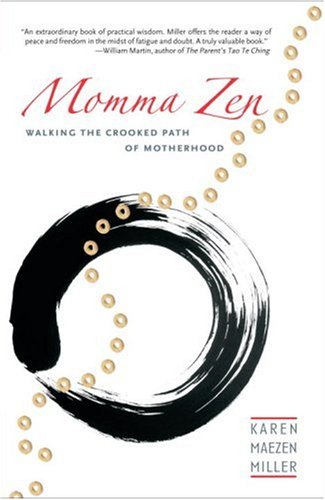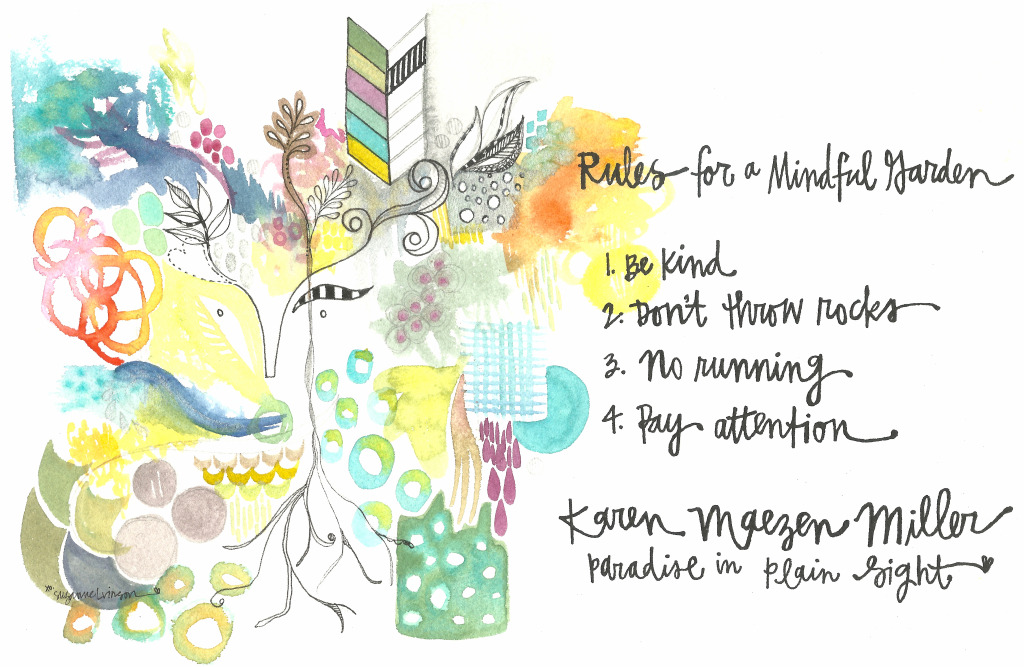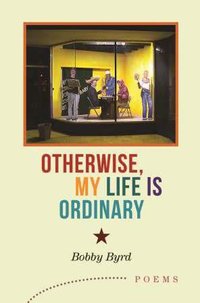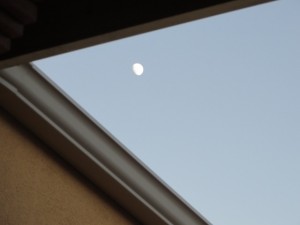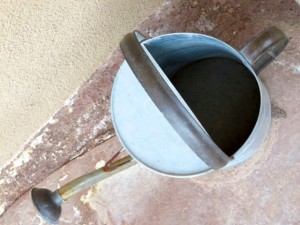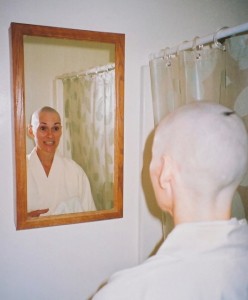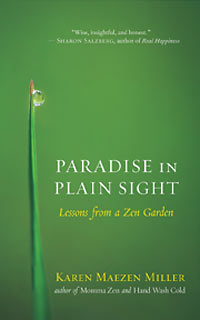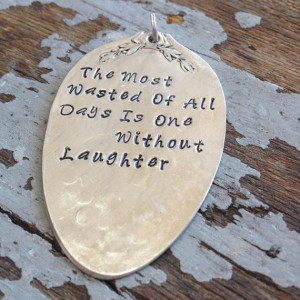 They don’t give awards to people like me.
They don’t give awards to people like me.
My daughter said this right before the eighth-grade graduation ceremony, when I learned that there would be awards for certain graduates that night. The fact is, I was instantly uncomfortable. I don’t like awards. I don’t like that we live in a competitively obsessed, elite-driven culture that creates phony contests out of false comparisons, but I tried to stay positive. Maybe you’ll get one, I had said.
There were lots of awards that night, for basketball stars and class officers, for those with perfect attendance and perfect grades, for teacher’s favorites and then two very special top awards for the one boy and one girl who in the principal’s opinion did absolutely everything best. My daughter was correct. She didn’t get one.
I sometimes forget how life really is, or at least, how life is for my daughter. As a parent, I’m usually tripping out on toxic levels of either false pride or fear. Oh, how I want her to do well! Oh, how I want her to keep up! Oh, how I want her to get in, get out, and move on! Oh, how I want her to be happy! Oh, how I want her to be liked, and loved and noticed! Oh, how I want her to be someone who does something important!
A few weeks ago the holiday cards started to arrive, and with them, the holiday letters. We still hear from folks we haven’t seen since our kids were in preschool or kindergarten, in scouts or swimming lessons, kids who are in high school now, where the pressure is amping up toward that final launch into . . . where, exactly? Our sophomore loves Pre-Calc and Latin and is extra busy with AP/Honors course work, staying up late every night and weekends while on the soccer team, volunteering, and taking ballet 18 hours a week.
I’m not that keen on holiday letters either.
Monday was the first day back at school, a cold and unwelcome day when my daughter would find out the results of finals and her semester grades. I texted her at lunch to see how she was doing. She was overwhelmed, she told me, and then came this. Apparently the class votes were tallied, and:
I won Best Laugh in the 9th grade!
She also won Best Friend.
She was right. They don’t give many awards to people like her, but that doesn’t matter to people like her.
***
Above: The most wasted of all days is the one without laughter. — a quote by E.E. Cummings hammered on a vintage, silver plated spoon on Etsy.
Subscribe to my newsletter • Come to a retreat • Friend me • Follow me.

